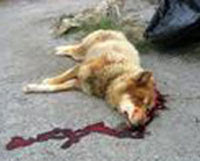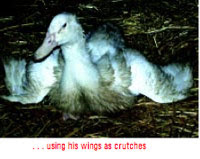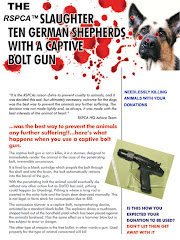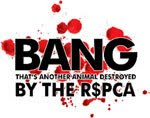
RSPCA - ONE OF THE RICHEST CHARITIES IN THE UK
In its ‘RSPCA policies on animal welfare’ it states under its Objects of the RSPCA that ‘The charitable objects of the RSPCA are to promote kindness and to prevent or suppress cruelty to animals
The RSPCA’s vision is, ‘To work for a world in which all humans respect and live in harmony with all other members of the animal kingdom
Under its Mission Statement, the RSPCA declares ‘The RSPCA as a charity will, by all lawful means, prevent cruelty, promote kindness to and alleviate suffering.’
And under their General Principles, the RSPCA states ‘The general principles on which the RSPCA operates, derived from extensive scientific evidence, is based on the fact that vertebrates and some invertebrates are sentient, and can feel pain and distress.’
What happened to all those honorable and admirable objects, visions, statements and principles when RSPCA inspectors arrived at an address in South Wales and proceeded to slaughter ten German Shepherd dogs with a captive bolt?
Sunday 8 August 2010
RSPCA PERSECUTE ANOTHER VICTIM









No comments:
Post a Comment
Note: only a member of this blog may post a comment.